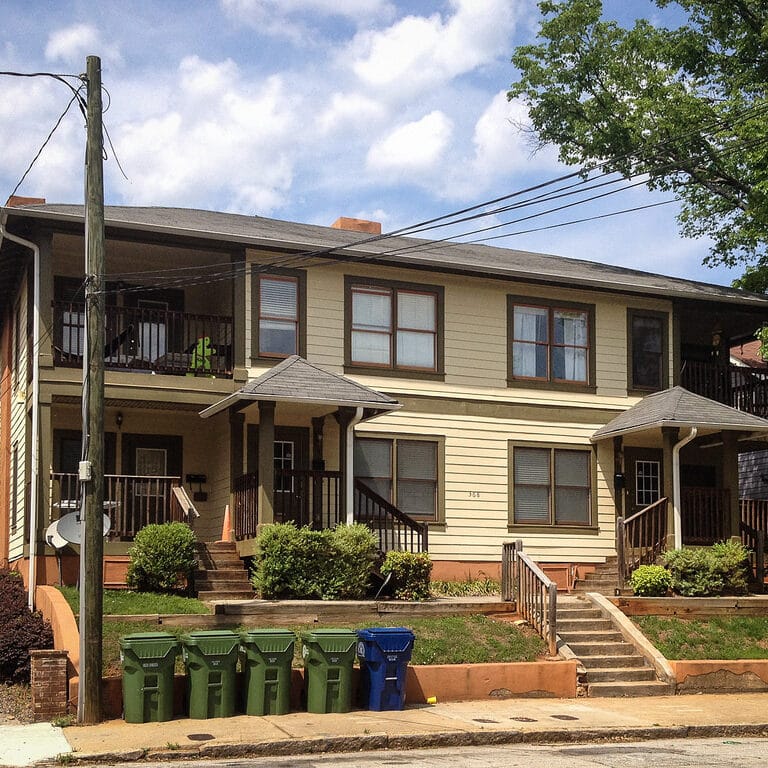Addressing the Problem: Discriminatory Occupancy Limits
For decades, many Colorado municipalities have enforced occupancy limits that restricted the number of unrelated individuals who could legally reside together in a single home. These regulations often limit households to two or three unrelated people, regardless of the size or capacity of the home. Such policies disproportionately affect low-income residents, students, and non-traditional families. They also hinder affordability and efficiency by forcing property owners to leave existing bedrooms vacant, driving up housing costs for renters.
How does HB24-1007 addresses the issue?
HB24-1007, also known as the Harmonizing Occupancy Measures Equitably (HOME) Act, directly tackles these discriminatory practices by prohibiting local governments from enforcing occupancy limits based solely on familial relationships. The bill allows local jurisdictions to implement occupancy restrictions only when they are grounded in legitimate health and safety standards, such as international building codes, fire safety regulations, or public health guidelines. Additionally, occupancy limits may be applied in accordance with specific affordable housing program requirements.
By shifting the focus from arbitrary relationship-based restrictions to objective safety standards, HB24-1007 ensures that housing policies are fair, inclusive, and supportive of diverse living arrangements.
Implementation & Next Steps
- Effective Date: By July 1, 2024, municipalities must review and amend existing occupancy ordinances to align with the new state law, removing restrictions based on familial relationships.

